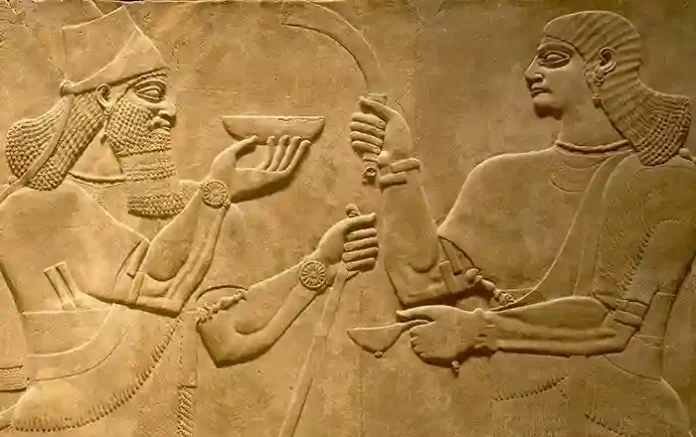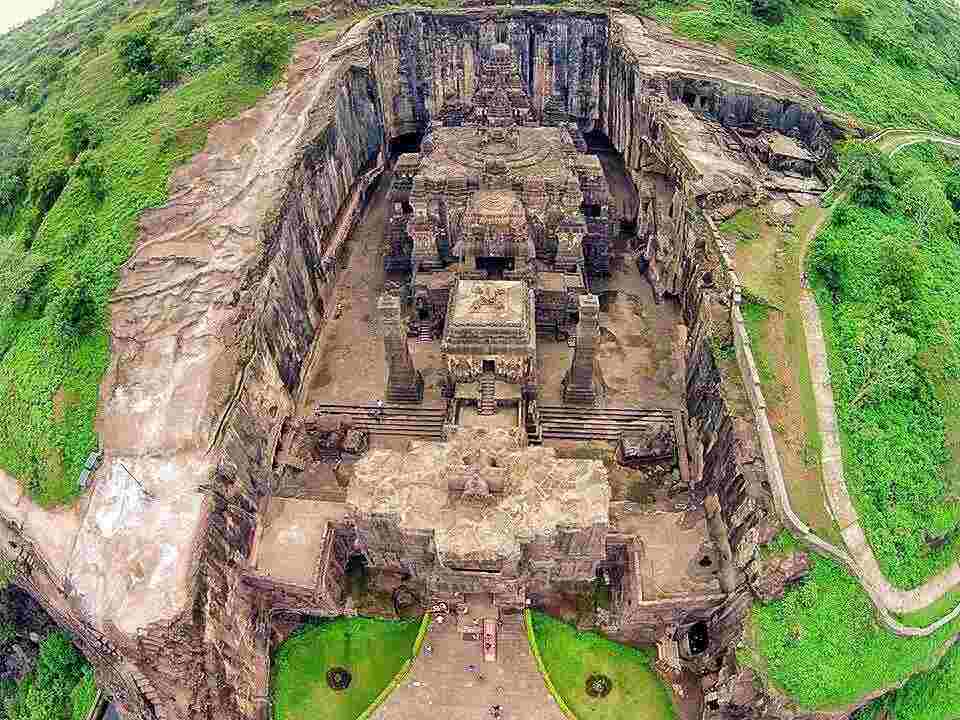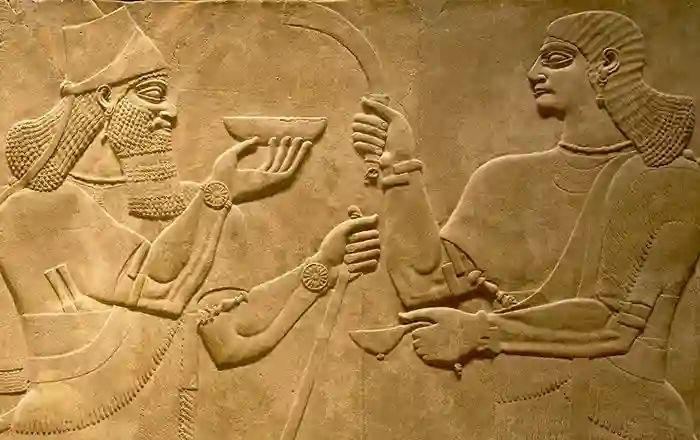Hermes, a figure woven into the very fabric of Greek mythology, is a god whose attributes and stories span an impressive range of domains. Known as the swift-footed messenger of the gods, Hermes is far more than just a divine courier. As the god of commerce, thieves, travelers, and even a guide to the underworld, Hermes has intrigued scholars, historians, and mythologists for centuries.
From his mysterious origins and complex relationships to his unique role in mythological narratives, Hermes is a figure shrouded in mystery and open to endless interpretation. His multifaceted nature continues to provoke questions and fuel speculations about his true essence and significance in the pantheon of Greek gods.
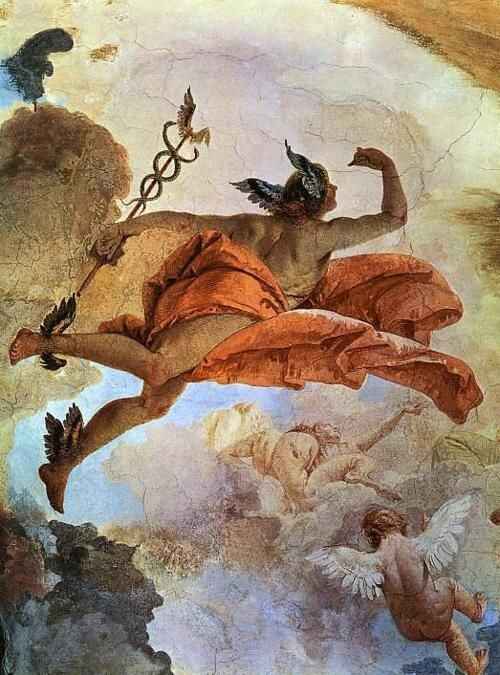
What We Know: The Origins and Attributes of Hermes
Hermes, also known by his Roman name, Mercury, is believed to be the son of Zeus, the king of the Greek gods, and Maia, a Pleiad nymph. According to mythological texts, Hermes was born in a cave on Mount Cyllene in Arcadia. Even as an infant, Hermes displayed remarkable abilities and a mischievous nature. Legend holds that shortly after his birth, Hermes invented the lyre by stringing a tortoise shell with sheep-gut, showcasing his ingenuity and creativity.
As the god of speed, Hermes is often depicted with winged sandals (talaria), a winged hat (petasos), and a herald’s staff entwined with two serpents, known as the caduceus. This symbol has become synonymous with Hermes and represents commerce, negotiation, and diplomacy — fitting traits for the messenger of the gods.
His domains extended far beyond mere communication; Hermes was also the god of trade, thieves, shepherds, and even athletes, reflecting his versatility and dynamic nature. The Greeks revered him for his cunning, cleverness, and ability to move freely between the mortal and divine worlds, often serving as a psychopomp, a guide for souls to the underworld.
Hermes was also known for his protective qualities, particularly over travelers and merchants, safeguarding them during their journeys. In artistic depictions, he is frequently shown in a dynamic, forward-moving posture, capturing his role as the god of speed. This iconography has reinforced the perception of Hermes as the epitome of swift movement and agility, a theme that resonates throughout his various myths.
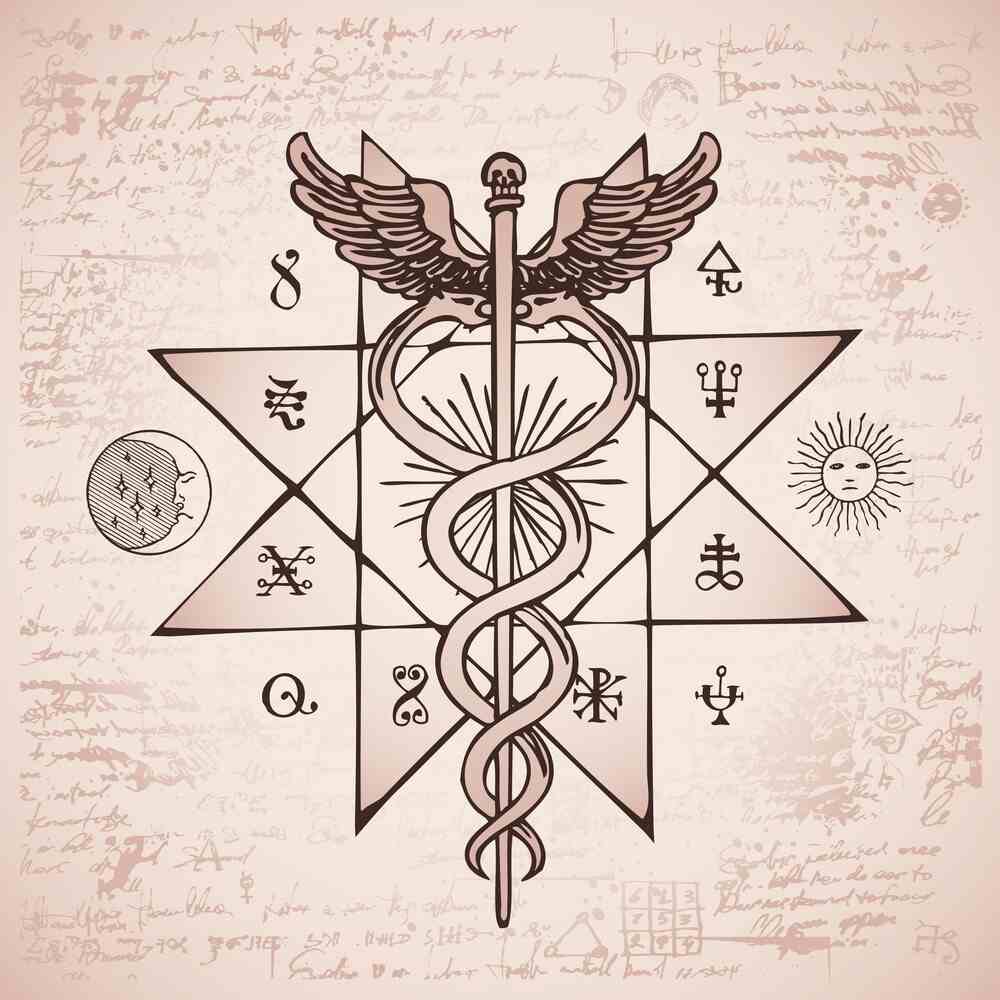
Mysteries Surrounding Hermes
Despite the abundance of myths and stories about Hermes, many aspects of his character and role remain enigmatic. For instance, the dual nature of Hermes — as both a benefactor and a trickster — poses intriguing questions about the deeper meanings of his mythos. How can one deity embody both the virtues of protection and guidance while also representing cunning and deception?
Moreover, there is a debate over the historical evolution of Hermes’ worship and how his roles may have changed over time. Some scholars suggest that Hermes might have originally been a pre-Greek deity of fertility and pastoralism before his later transformation into the complex figure found in classical mythology. This raises further questions about the cultural and religious dynamics that shaped his character and the extent to which Hermes’ stories reflect the shifting values and beliefs of ancient Greek society.
Additionally, there are unanswered questions about Hermes’ role in various mystery cults. In some accounts, he is associated with esoteric knowledge and practices, such as those found in the Hermetic tradition — a body of ancient wisdom texts attributed to Hermes Trismegistus, a syncretic fusion of the Greek Hermes and the Egyptian god Thoth. These texts, often associated with alchemy, astrology, and magic, suggest a deeper, more mystical aspect of Hermes that extends beyond his more public roles.
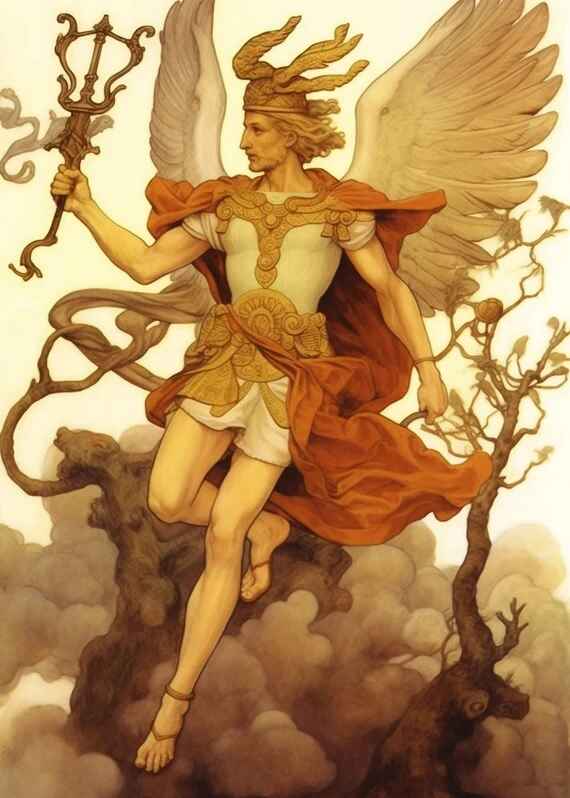
Theories and Speculation: Exploring Hermes’ Many Facets
Hermes’ dual nature has led to numerous theories about his true significance and the symbolic meanings he might represent. Some scholars propose that Hermes’ trickster element serves as a narrative device to illustrate the ambiguity of life and fate in the ancient world. As a mediator between the gods and humans, Hermes embodies the unpredictability of divine will and human existence, symbolizing the thin line between fortune and misfortune.
Another theory suggests that Hermes’ various roles — as a messenger, a psychopomp, a god of commerce, and a trickster — reflect the multifaceted nature of human experience. In this view, Hermes represents the multiple paths a person may take in life, each requiring different skills and qualities. As a god who can move freely between realms, Hermes might symbolize the possibility of transformation, reinvention, and adaptation, all essential aspects of human survival and success.
Some speculate that Hermes’ association with speed and agility has deeper philosophical implications, possibly symbolizing the swift passage of time or the fleeting nature of life itself. This interpretation aligns with his role as a guide of souls to the afterlife, a reminder of life’s transience and the inevitability of death. Learn more about the Hermes’ connection with the Egyptian god Thoth and the Hermetic tradition and its impact on ancient beliefs.
Finally, Hermes’ connection to the Hermetic tradition raises questions about his place in the broader landscape of ancient religions and philosophies. For a deeper dive into Hermes Trismegistus and the Hermetic tradition, explore this resource. Could Hermes have served as a bridge between Greek mythology and other mystical traditions? Was his character a means of integrating different cultural beliefs, or does he represent an original archetype from which other deities were derived?
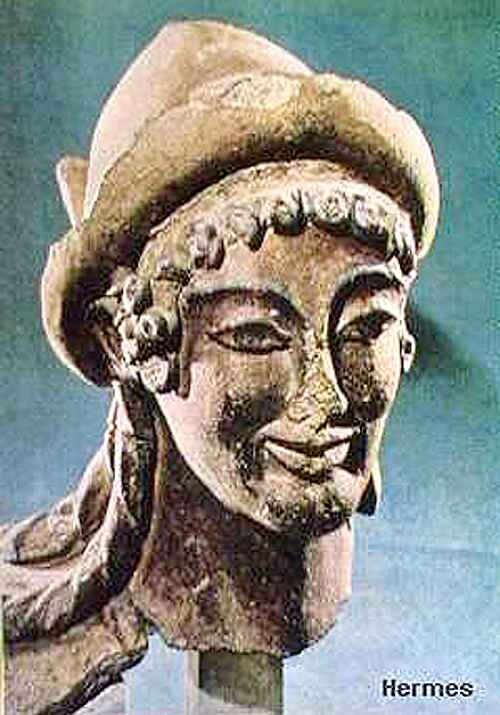
Frequently Asked Questions (FAQs)
1. Is Hermes the son of Zeus?
Yes, Hermes is traditionally considered the son of Zeus and the nymph Maia, making him a part of the Olympian pantheon.
2. Is Hermes the god of speed?
Indeed, Hermes is often referred to as the god of speed, renowned for his winged sandals and swift movements.
3. What does Hermes symbolize?
Hermes symbolizes various attributes, including communication, commerce, negotiation, travel, and guidance, particularly in the transition between life and death.
4. Who did Hermes love?
Hermes is associated with several love interests, including Aphrodite and mortal women such as Herse, a princess of Athens.
5. What are the powers of Hermes?
Hermes possesses many powers, including superhuman speed, the ability to travel between the mortal and divine realms, and skills in diplomacy, communication, and trickery.
Hermes – A God of Endless Possibilities
The figure of Hermes continues to fascinate scholars and enthusiasts alike, his image and stories enduring through millennia. While we know much about his origins, attributes, and exploits, there remains a tantalizing mystery surrounding his true nature and purpose.
Was Hermes merely a divine messenger, or did he hold a more profound significance in the ancient world? The dualities inherent in his character — protector and trickster, god of commerce and guide to the underworld — suggest that Hermes may be a complex symbol of human existence, embodying both its light and shadow.
As we continue to explore the myths and texts surrounding Hermes, new interpretations and understandings will undoubtedly emerge. The mysteries of Hermes may never be fully solved, but they invite us to delve deeper into the rich tapestry of ancient myth and human imagination. Whether as a god, a guide, or a symbol, Hermes remains a figure of boundless possibilities, inspiring endless curiosity and speculation.
Use of Our Content
⚠️ Content on “Mystery Uncover” is protected under US and International Copyright Laws.
You are free to reuse, republish, and share our content by giving credit to the source as Mystery Uncover with a link to the original material on mysteryuncover.com.




